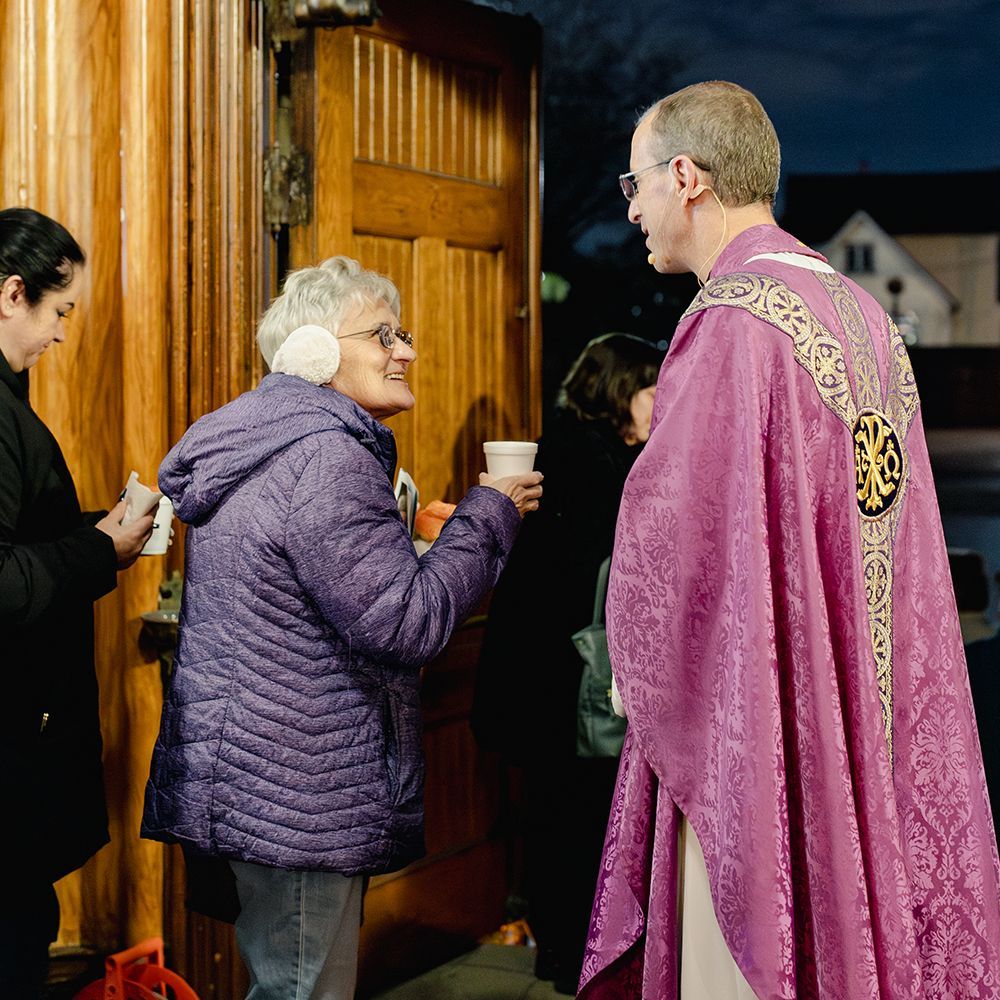The Stones Will Cry Out

I have a complicated relationship with evangelization.
I don’t think that we (I’m talking about 21st-century American Catholics here) have had much formation around what exactly it means to proclaim the Gospel. We don’t know how to do it. We don’t really want to do it. It sounds kind of scary and awkward. It sounds like knocking on strangers’ doors and yelling through the keyhole, “Have you accepted Christ as your Lord and Savior?” It sounds like arguing with friends and family. It sounds like a real pain.
I’m Catholic. I’m proud of being Catholic. I do my Catholic things in my Catholic house throughout my Catholic life. But is that enough?
All Christians are called to “wordless witness” in how they live their lives, writes Paul VI in the apostolic exhortation Evangelii Nuntiandi — but this alone, he says, is “insufficient.” We must talk about Jesus. We must name him. We must speak of his life, his promises. We must proclaim him.
We must be loud enough that a Pharisee would cringe at us.
And yet — and Paul VI acknowledges this — it’s not actually evangelization if we do it so badly that nobody listens. If we “impose” truth on someone’s conscience instead of “proposing” it. If we make the mistake of thinking there is one singular way to share Christ with the great variety of personalities that exist in this world.
Dear reader, I am running out of column space, and still I have no answers for you, or for myself. I don’t know how to do it well. But I know we have to try. We have to pray. We have to reflect. We have to be patient. We have to be humble. We have to remember it’s about him and not about us.
Most of all, when we find ourselves confused and retreating into silence, we must remember Christ’s words: “If they keep silent, the stones will cry out.”
©LPi




